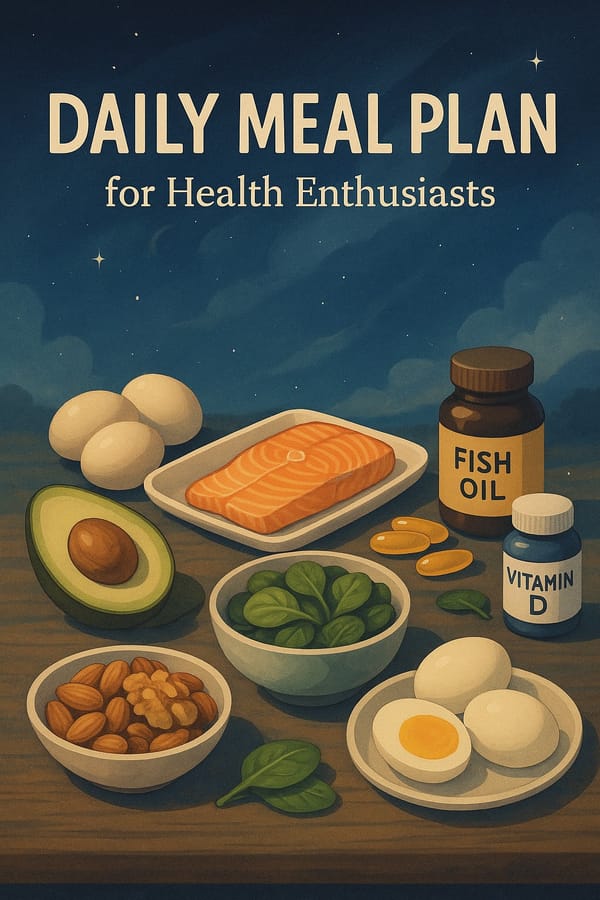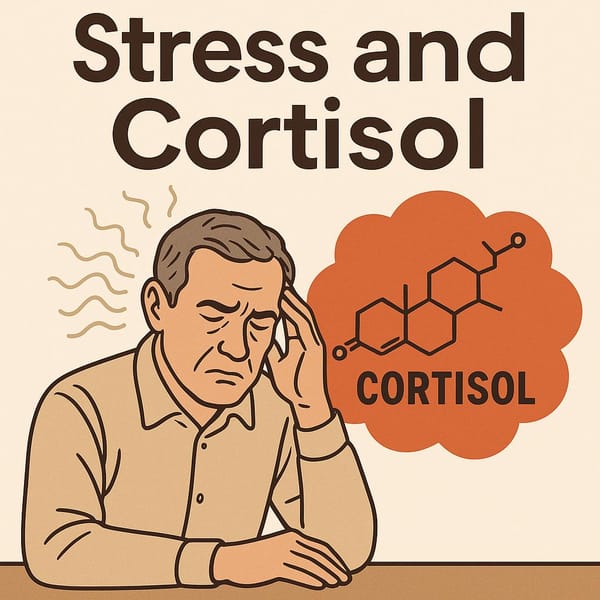What is Vitamin K2?

Vitamin K2 is one of the forms of Vitamin K, which is categorized into two main types: Vitamin K1 (phylloquinone) and Vitamin K2 (menaquinone). Vitamin K1 is found in green leafy vegetables such as spinach and broccoli, while Vitamin K2 is present in fermented foods like natto (fermented soybeans from Japan), cheese, and certain animal products.
Vitamin K2 plays a crucial role in various biochemical processes in the body, especially in activating proteins involved in calcium metabolism and preventing arterial calcification. This unique role distinguishes it from Vitamin K1.
The Discovery of Bone Strength Among the Elderly in Japan Through Natto Consumption
Research in Japan has shown that elderly individuals who consume fermented foods like natto have higher bone density and better strength compared to those who do not. The key nutrient found in natto, Vitamin K2, contributes to bone health by activating osteocalcin, a protein that binds calcium and stores it in the bones. Additionally, it reduces the risk of fractures and other bone-related health issues in old age.
The Principles of Bone Formation and Resorption
Bones in the human body are living tissues undergoing constant transformation through bone formation and bone resorption. These processes must remain balanced to maintain bone strength and prevent bone-related diseases like osteoporosis.
- Bone Formation: Osteoblast cells are responsible for creating new bone tissue by drawing minerals such as calcium and phosphate from the blood to deposit in the bones. This process is most active during the growth years.
- Bone Resorption: Osteoclast cells break down old bone tissue, maintaining mineral balance in the blood and creating space for new bone growth.
- Role of Vitamin K2: Vitamin K2 is vital for activating osteocalcin, which helps bind calcium and store it efficiently in bones. It also prevents the abnormal deposition of calcium in arteries, reducing the risk of cardiovascular diseases.
Bone formation and resorption are influenced by factors such as hormones, diet, exercise, and age. In older adults, bone resorption often exceeds formation, increasing the risk of bone density loss and osteoporosis.
How Does Vitamin K2 Differ from K1?
Sources:
- K1: Found in green leafy vegetables and various plants.
- K2: Found in fermented foods, animal products, and synthesized by gut bacteria, although not in sufficient amounts to meet daily needs.
Functions:
- K1: Primarily supports blood clotting by activating proteins involved in stopping bleeding.
- K2: Plays a key role in calcium metabolism by promoting calcium deposition in bones and teeth and reducing its accumulation in arteries, which helps prevent cardiovascular diseases.
Why Does the Body Need Vitamin K2?
1. Strengthening Bones
Vitamin K2 activates osteocalcin, which helps bind calcium and store it in the bones, enhancing bone strength and reducing the risk of osteoporosis.
2. Preventing Cardiovascular Diseases
K2 activates Matrix Gla Protein (MGP), which prevents calcium deposits in the arteries, reducing the risk of arterial stiffness and heart diseases.
3. Promoting Dental Health
By facilitating calcium deposition in the teeth, K2 helps prevent tooth decay and strengthens dental structure.
Sources of Vitamin K2
Foods Rich in K2:
- Natto (fermented soybeans)
- Cheese, especially hard-aged varieties
- Egg yolks:
- Soft-boiled eggs often retain more Vitamin K2 than fully cooked eggs, as cooking can degrade some nutrients.
- Beef liver
- Poultry and certain meats
Produced Internally
Gut bacteria can produce Vitamin K2, but the amount is often insufficient to meet daily needs, making dietary intake or supplements necessary.
Benefits and Risks of Vitamin K2
Benefits:
- Prevents Osteoporosis: Increases bone mineral density.
- Reduces Heart Disease Risk: Prevents arterial calcification.
- Promotes Dental Health: Prevents cavities and enhances tooth mineralization.
- Reduces Inflammation: Lowers the risk of chronic inflammatory diseases.
Risks:
Vitamin K2 is generally safe when consumed in appropriate amounts. However:
- Individuals taking anticoagulant medications should consult a doctor, as Vitamin K2 may reduce the efficacy of these drugs.
- Excessive intake from supplements may cause side effects such as nausea or allergic reactions.
Related Processes in the Body
- Blood Clotting: Although K2 is not the primary vitamin for this process, it plays a role in other related biochemical pathways.
- Calcium Metabolism: Vitamin K2 ensures calcium is directed to appropriate areas such as bones and teeth, rather than arteries or soft tissues.
- Cardiovascular Health: Reduces arterial calcification and the risk of heart diseases.
Precautions When Taking Vitamin K2 Supplements
- Consult Your Doctor First: Especially for individuals with underlying conditions like heart or kidney diseases or those taking anticoagulants like warfarin, as Vitamin K2 may interact with these medications.
- Choose the Right Dosage: The recommended daily intake for adults is generally between 90-120 micrograms. Always follow the product’s label instructions and avoid excessive consumption to prevent potential side effects like nausea or headaches.
- Ensure Product Quality: Purchase supplements from reputable manufacturers with certified standards to avoid contamination or substandard products.
- Watch for Adverse Reactions: Stop use and consult a doctor immediately if you experience symptoms such as rashes, itching, or breathing difficulties.
- Do Not Replace Natural Foods: Supplements should complement a diverse and balanced diet, which remains the best source of Vitamin K2.
Conclusion
Vitamin K2 is a crucial nutrient for bone health, dental strength, and cardiovascular protection. While it can be synthesized by gut bacteria, dietary sources or supplements are often necessary to meet daily needs.
Incorporating Vitamin K2-rich foods into your diet is a proactive step towards better health. Consult a healthcare professional if you are taking medications that may interact with Vitamin K2 or if you plan to use supplements.



